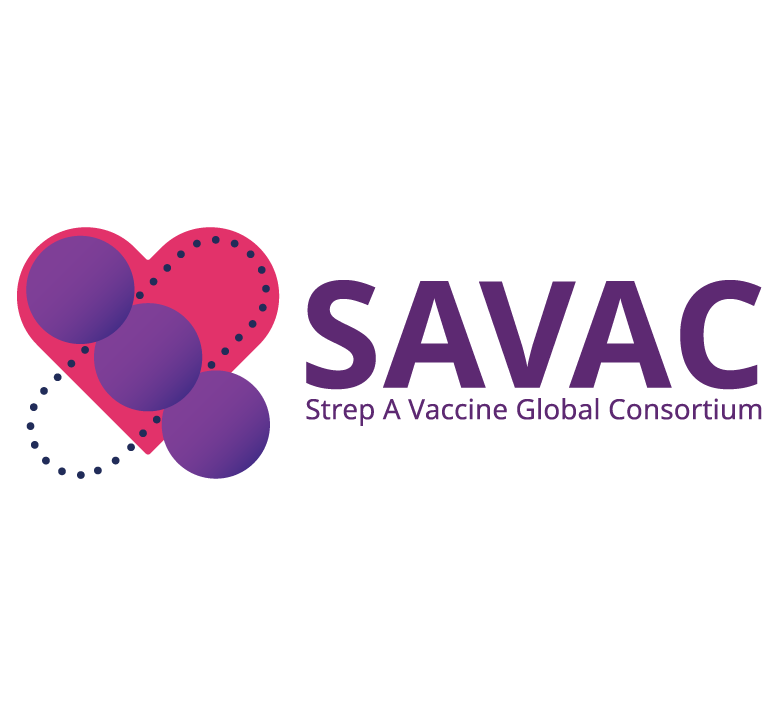Search
Research
Modelling the seasonality of respiratory syncytial virus in young childrenThe transmission dynamics of RSV infection among young children are still poorly understood and mathematical modelling can be used to better understand...
Research
Rare cause of scalp swelling in an infantChristopher Blyth MBBS (Hons) DCH FRACP FRCPA PhD Centre Head, Wesfarmers Centre of Vaccines and Infectious Diseases; Co-Head, Infectious Diseases
Research
Lack of effectiveness of 13-valent pneumococcal conjugate vaccination against pneumococcal carriage density in Papua New Guinean infantsPapua New Guinea (PNG) introduced the 13-valent pneumococcal conjugate vaccine (PCV13) in 2014, with administration at 1, 2, and 3 months of age. PCV13 has reduced or eliminated carriage of vaccine types in populations with low pneumococcal carriage prevalence, carriage density and serotype diversity.

People
Associate Professor Lea-Ann KirkhamCo-Head, Bacterial Respiratory Infectious Disease Group; Microbiology Lead, Wesfarmers Centre of Vaccines & Infectious Diseases


News & Events
The Kids infectious diseases researcher named a WA Young Tall PoppyA The Kids researcher focused on ensuring kids are protected from infectious diseases will be named among WA’s most outstanding young scientists at the upcoming 2021 Young Tall Poppy Science Awards.
Research
Pneumo-BNA: Using Bayesian network models to facilitate a microbiological diagnosis in childhood pneumonia: development of a clinical decision support toolChristopher Peter Tom Blyth Richmond Snelling MBBS (Hons) DCH FRACP FRCPA PhD MBBS MRCP(UK) FRACP BMBS DTMH GDipClinEpid PhD FRACP Centre Head,
Research
Preparing for prevention: Assessing the community awareness of RSV and other childhood infectionsRespiratory Syncytial Virus (RSV) is one of the most common reasons babies are admitted to hospital – with Aboriginal and preterm infants at greatest risk.

Research
Strep A Vaccine Global Consortium (SAVAC) 2.0The mission of SAVAC, the Strep A Vaccine Global Consortium, to ensure that safe, effective and affordable Strep A vaccines are available and implemented to decrease the burden of Strep A disease in the most in need.
Research
Estimating the Impact And Costs of Antimicrobial Resistance (AMR) at Perth Children’s HospitalAMR is a rapidly growing challenge and has been identified as one of the World Health Organizations top 10 global health threats, with the potential to undo many of the health gains observed over the last century.
